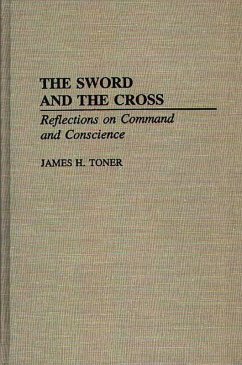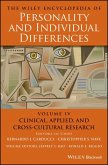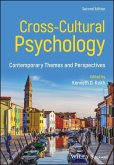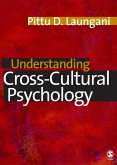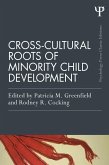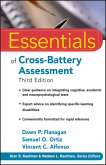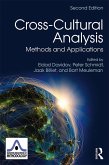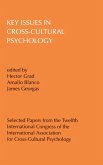The Sword and the Cross is a study of the relationships that exist between politics and ethics. Its intention is to point out that moral convictions conceived and implemented without political wisdom can be bankrupt and that geopolitical strategy formulated and effected without ethical character can be disastrous. Toner contends that politics and ethics are different sides of the same coin. Therefore commanders (that is, leaders in politics and government, in diplomacy, and in the military) must develop both strategic sense and ethical intuition. A study of the relationship between the sacred and the profane, this book promotes an understanding of the ways in which power and purpose can--and must--be complementary.
This study concludes that violence and conflict are part of human existence and that full and final redemption from our struggles is the gift of grace--and not of human artifice. At the same time, we have the burden (and the glory) of doing all we can to achieve our own safety and happiness, which requires political and military prudence. The reconciliation of faith or conscience with power or command is the task of leaders who are informed by civic virtue. In turn, civic virtue is the product of wise education rooted in serious study of what ought to be as well as of what is; but ethically impoverished modern education too rarely asks questions about visions of the Good. Because these conclusions are rooted in a controversial religious and philosophical tradition, they will generally challenge the accepted views in the field.
This study concludes that violence and conflict are part of human existence and that full and final redemption from our struggles is the gift of grace--and not of human artifice. At the same time, we have the burden (and the glory) of doing all we can to achieve our own safety and happiness, which requires political and military prudence. The reconciliation of faith or conscience with power or command is the task of leaders who are informed by civic virtue. In turn, civic virtue is the product of wise education rooted in serious study of what ought to be as well as of what is; but ethically impoverished modern education too rarely asks questions about visions of the Good. Because these conclusions are rooted in a controversial religious and philosophical tradition, they will generally challenge the accepted views in the field.

